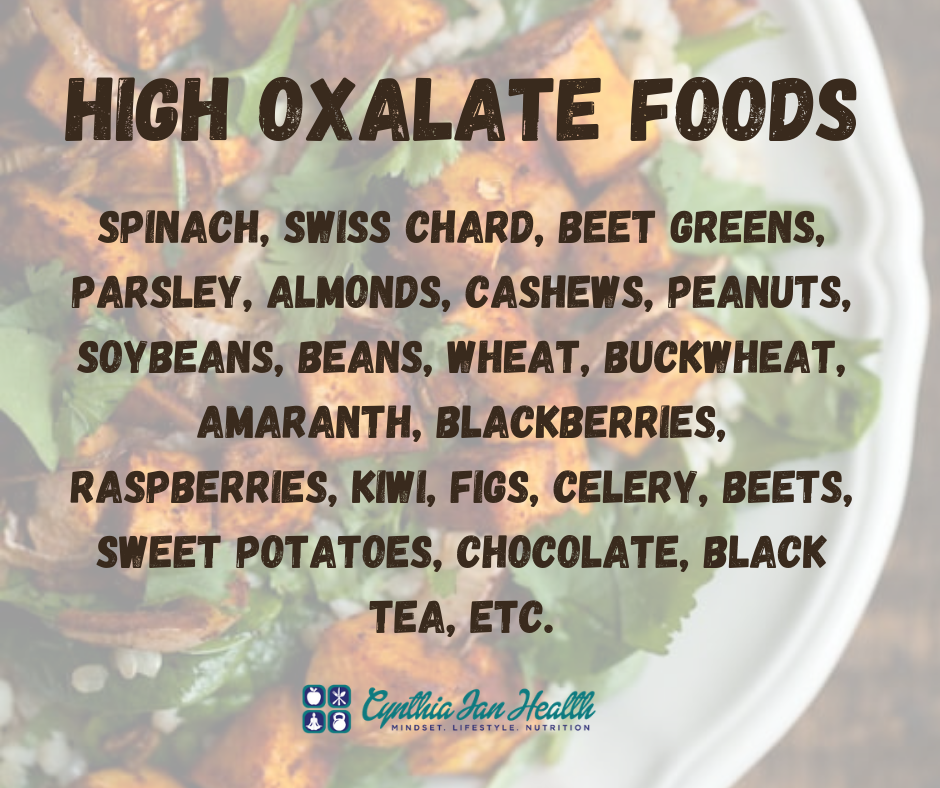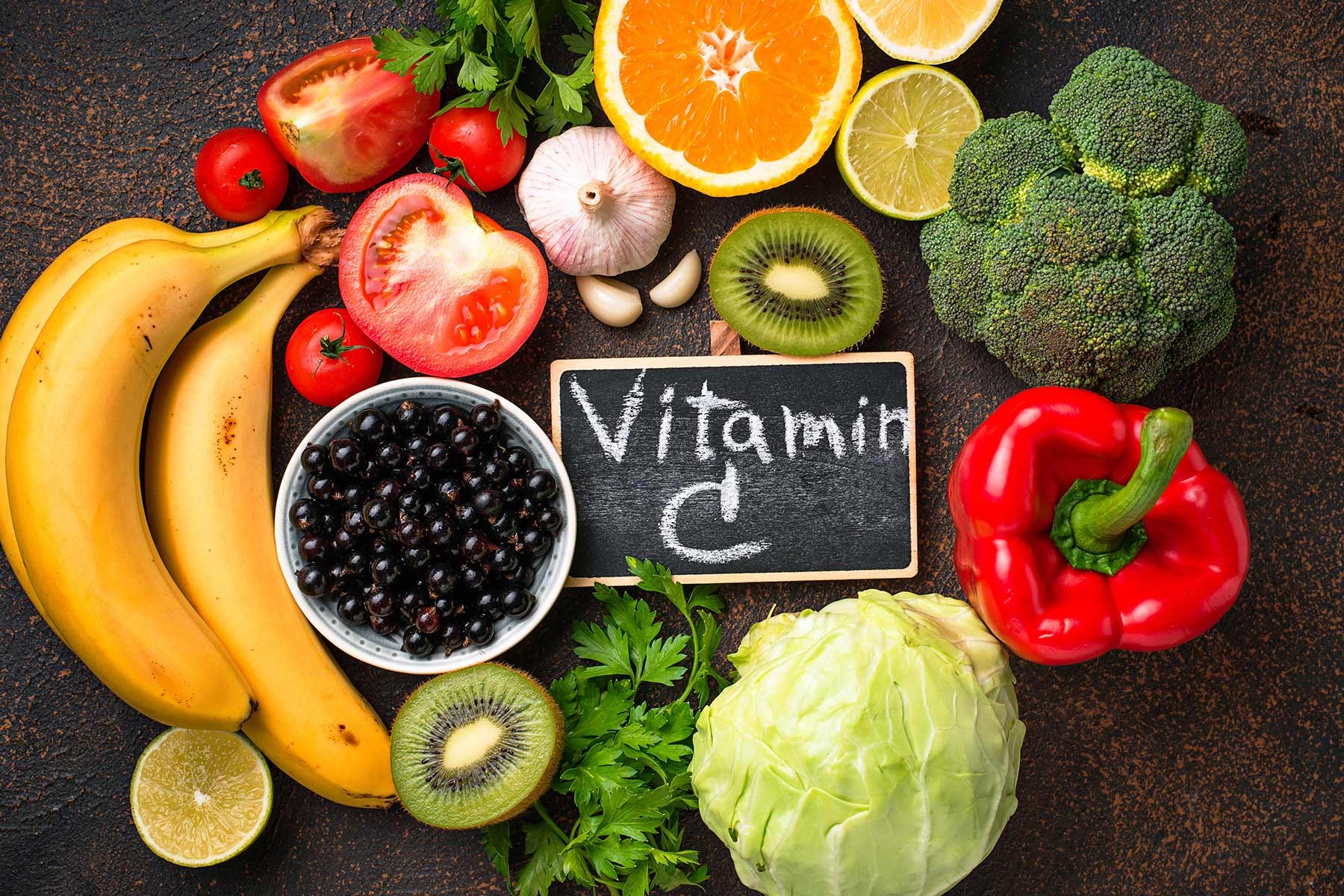
It can sound crazy if someone told you to not eat sweet potatoes, spinach, kiwis, nuts and seeds, right! You might think, what are they talking about?
But what if you have leaky gut (intestinal permeability) where your gut lining is permeable allowing particles from your foods to get into your bloodstream? What if you ate foods high in oxalates like sweet potatoes and spinach and instead of being good for you, these healthy foods actually hurt you?
When we have a leaky gut, oxalates can be problematic because they’ll cross through the intestinal barrier and will end up in the blood, urine and tissues. (And remember the key word here is “can” be problematic, as this problem will not affect everyone, but if you’ve tried a variety of diets and still can’t find the culprit to your problems, this can be worth looking into). Once there they can create inflammation and pain. By the way, oxalates bind to minerals such as calcium where oxalate crystals are formed and it’s those crystals that can be damaging.
If you eat a poor diet, are chronically stressed, have gut dysbiosis where the pathogenic bacteria have taken over the good bacteria, and have a high toxic load, you might have a leaky gut. Some of the conditions associated with leaky gut include IBS, IBD, Sibo, Celiac Disease, allergies, food intolerances, eczema, asthma, thyroid diseases and autoimmune conditions to name a few.
One of the best ways to know what is going on with our bodies is to have a food journal. Yes it’s tedious and annoying, but it can really help you make links and understand what is going on with your body. When working with my clients, I’ll often have them complete a 4-week journal which includes taking note of everything they eat and drink along with their mood, any symptoms they have and their stools. This can truly be very helpful in finding links between foods we eat and symptoms we experience! And the best part is that it’s free!
So sometimes, not always, healthy foods can be problematic and this is where working with someone who understands this can be very beneficial. As the saying goes, “One man’s meat is another man’s poison” couldn’t be more true here.
Resources:
https://pubmed.ncbi.nlm.nih.gov/23851019/ – https://www.ncbi.nlm.nih.gov/pmc/articles/PMC5440529/ https://www.ncbi.nlm.nih.gov/pmc/articles/PMC5440529/ https://pubmed.ncbi.nlm.nih.gov/23851019/ https://pubmed.ncbi.nlm.nih.gov/23851019/



